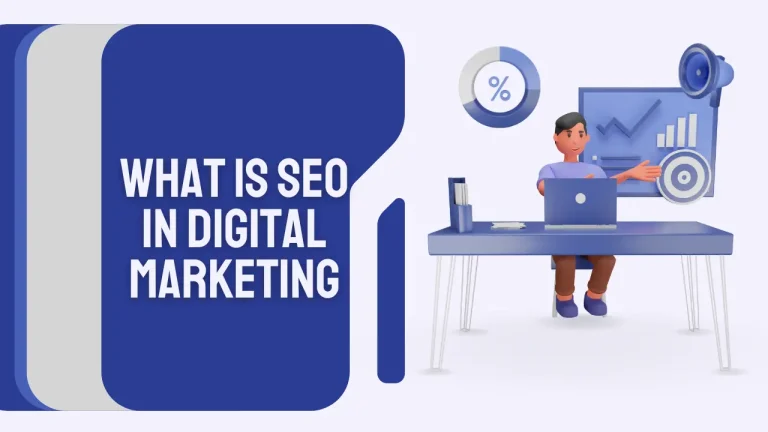What Does Blog Stand For
Do you ever wonder what the term ‘blog’ actually stands for?
Well, you’re in luck because we are here to break it down for you. Blogs have become an integral part of our digital lives, but their origins may surprise you.
The word ‘blog’ is actually a shortened version of ‘weblog,’ which was coined in the late 1990s. It was originally used to describe a personal online diary or journal where individuals could share their thoughts and experiences with others.
Over time, blogs evolved into much more than personal musings, becoming powerful platforms for information sharing and communication. Today, blogs cover a wide range of topics and serve various purposes – from educating and entertaining readers to promoting businesses and influencing public opinion.
In this article, we will delve deeper into the meaning behind the term ‘blog’ and explore its impact on our digital landscape.
Key Takeaways
- ‘Blog’ is a shortened version of ‘weblog’ coined in the late 1990s.
- Blogs have evolved into powerful platforms for information sharing and communication.
- Blogs serve as digital platforms for self-expression, creativity, and sharing knowledge.
- Blogs have revolutionized information sharing in the digital age.
Origins of the Term ‘Blog’
So, you’re probably wondering where the heck the term ‘blog’ even came from, right? Well, let me enlighten you on its origins.
The word ‘blog’ is actually a shortened version of the term ‘weblog,’ which was coined by Jorn Barger in 1997. He used it to describe his online journal where he would log interesting websites and articles he came across.
Later on, another blogger named Peter Merholz decided to play with the word and split it into two parts: ‘we blog.’ This clever twist caught on quickly and soon enough, ‘blog’ became a standalone term for this type of online journaling.
Now that you know about the origins and etymology of blogs, let’s dive into what exactly constitutes a blog without missing a beat.
What is a Blog?

Starting a blog is like opening up a personal journal to the world, where you can share your thoughts and experiences with others. It is an online platform that allows individuals or groups to publish content in the form of articles, photos, videos, or audio recordings.
Blogs have become increasingly popular over the years due to their ease of use and accessibility. Here are some benefits of blogging:
- Expression: Blogging gives you a creative outlet to express yourself and share your passions.
- Connection: It allows you to connect with like-minded individuals who share similar interests.
- Knowledge sharing: By writing about topics you’re knowledgeable about, you can educate others and contribute to the online community.
- Personal growth: Blogging helps improve your writing skills and encourages self-reflection.
- Opportunity: Successful bloggers often have opportunities for collaborations, sponsorships, or even turning their blogs into full-time careers.
Now let’s explore the purpose of blogs and how they serve various functions in today’s digital landscape.
The Purpose of Blogs
Blogs serve as digital platforms for individuals and groups to share their passions, connect with like-minded individuals, contribute knowledge to the online community, and even open doors to exciting opportunities.
The purpose of blogs is multifaceted, providing a space for self-expression and creativity while also serving as valuable resources for readers seeking information or entertainment.
Bloggers can share their expertise on specific topics or document personal experiences, offering unique perspectives that may not be found elsewhere.
Additionally, blogs offer numerous benefits such as building an online presence, establishing credibility in a particular niche, and fostering connections with a wider audience.
By consistently creating engaging content, bloggers can attract followers who value their insights and opinions.
This impact on information sharing has revolutionized how we consume and access knowledge in today’s digital age.
The Impact of Blogs on Information Sharing

The explosion of blogs has created a vibrant tapestry of interconnected knowledge, weaving together diverse perspectives and experiences from around the world.
Blogs have had a profound impact on journalism, as they provide an alternative platform for individuals to share their thoughts and opinions on current events. Traditional news outlets are no longer the sole gatekeepers of information, as bloggers can offer unique insights and analysis that may not be covered by mainstream media.
Additionally, blogging platforms have made it easier than ever for anyone to start their own blog and share their ideas with a global audience. This democratization of information has sparked conversations and debates that were once confined to small circles, allowing for a more inclusive and diverse exchange of ideas.
Moving forward into the evolution of blogs in the digital age, this interconnected network will continue to shape how we consume and share information without missing a beat.
The Evolution of Blogs in the Digital Age
As blogs have evolved in the digital age, they’ve become an integral part of our online experience, connecting people from all walks of life and fostering a sense of community and belonging. Evolutionary changes and technological advancements have played a significant role in shaping the blogosphere.
Here are three key ways in which blogs have evolved:
- Increased accessibility: With the advent of smartphones and tablets, accessing blogs has become easier than ever before. People can now read and contribute to blogs on the go, making it more convenient for users.
- Multimedia integration: Blogs no longer rely solely on text-based content. They now incorporate various multimedia elements such as images, videos, and audio clips, enhancing the overall user experience.
- Social sharing: Blogs have embraced social media integration, allowing readers to easily share their favorite posts with their networks. This feature promotes engagement and expands the reach of blog content.
These evolutionary changes continue to shape the blogosphere, making it a versatile platform for information sharing and community building in today’s digital age.
Frequently Asked Questions
Conclusion
In conclusion, blogs have become an integral part of the digital landscape. They provide a platform for individuals to share their thoughts, experiences, and expertise with a wide audience.
With their origins dating back to the late 1990s, blogs have evolved significantly over the years. They have had a profound impact on information sharing, democratizing access to knowledge and allowing diverse voices to be heard.
As technology continues to advance, we can expect blogs to continue evolving and shaping the way we consume and contribute to online content.






